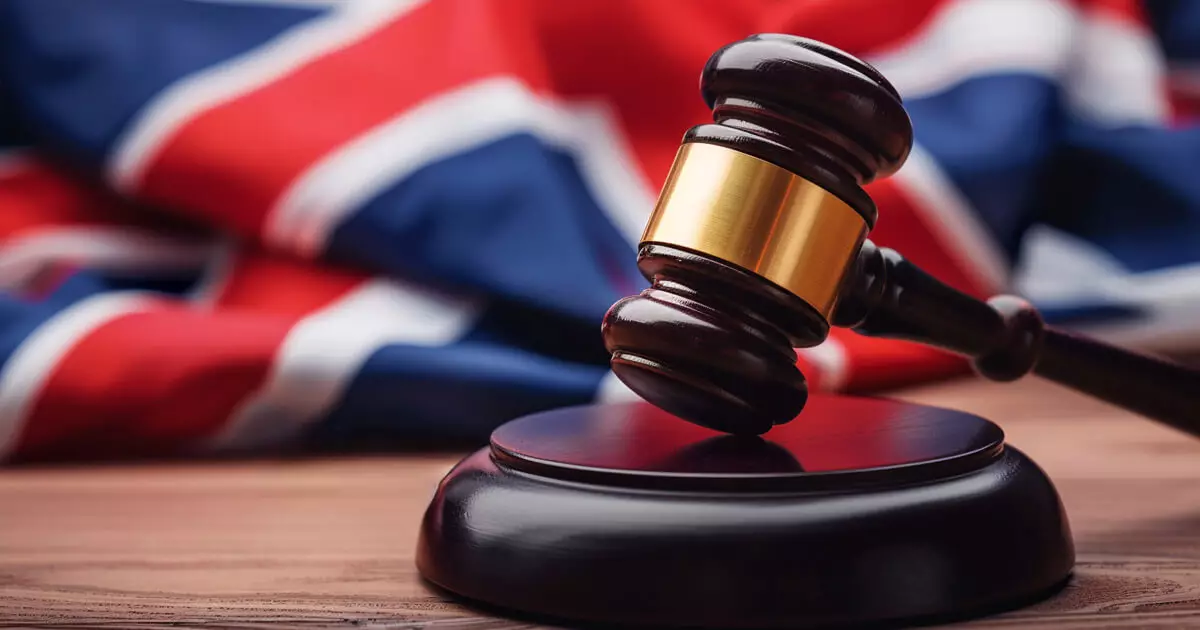Decentralized Autonomous Organizations (DAOs) have garnered significant attention as innovative blockchain-based communities designed to achieve common goals. However, the UK Law Commission’s scoping paper raises critical questions about the legal characterization of DAOs within the country. The Commission’s central thesis revolves around the lack of consensus on what exactly constitutes a DAO and how it should be structured. Commissioner for Commercial and Common Law, Professor Sarah Green, emphasized the challenges in aligning DAOs with existing legal forms due to varying interpretations within the legal community.
One of the key concerns highlighted in the Commission’s paper is the potential risks of adapting existing laws to accommodate new technologies like DAOs. While there may be a need for reforms within the Companies Act 2006 to support the use of DAO technology, there is a fear that hasty legislation could hinder innovation rather than promote it. The paper warns against the development of ad hoc and technology-specific laws that may inadvertently impede the dynamic nature of emerging technologies.
Despite the complexities surrounding the legal characterization of DAOs, the Law Commission acknowledges the need to recognize and support innovation within corporate governance. While a DAO-specific legal entity is not currently recommended in England and Wales, there are suggestions for potential reforms within existing laws to accommodate the use of code for governance and other activities. Furthermore, the Commission recommends a thorough review of laws governing business organizations to facilitate the adoption of DAO technology at appropriate levels of governance.
In light of the evolving landscape of digital technologies, the Commission also proposes a review of Anti-Money Laundering regulations to assess the compatibility of distributed ledger technology with existing policy objectives. By exploring the potential of blockchain-based solutions in achieving regulatory goals, the government could pave the way for a more inclusive legal framework that supports technological advancements like DAOs. While a DAO-specific entity may not be the current focus, ensuring that existing legal structures can accommodate new technologies aligns with the Commission’s vision for future legal developments.
As the debate on the legal characterization of DAOs continues, solidifying the conceptual framework of what defines a DAO remains a critical consideration. By addressing the challenges of defining and regulating DAOs, the legal community can foster a more conducive environment for innovative technologies to thrive within corporate governance. The Law Commission’s scoping paper serves as a crucial starting point for assessing the legal implications of DAOs in the UK and lays the groundwork for future discussions on regulatory reforms and industry adoption.

